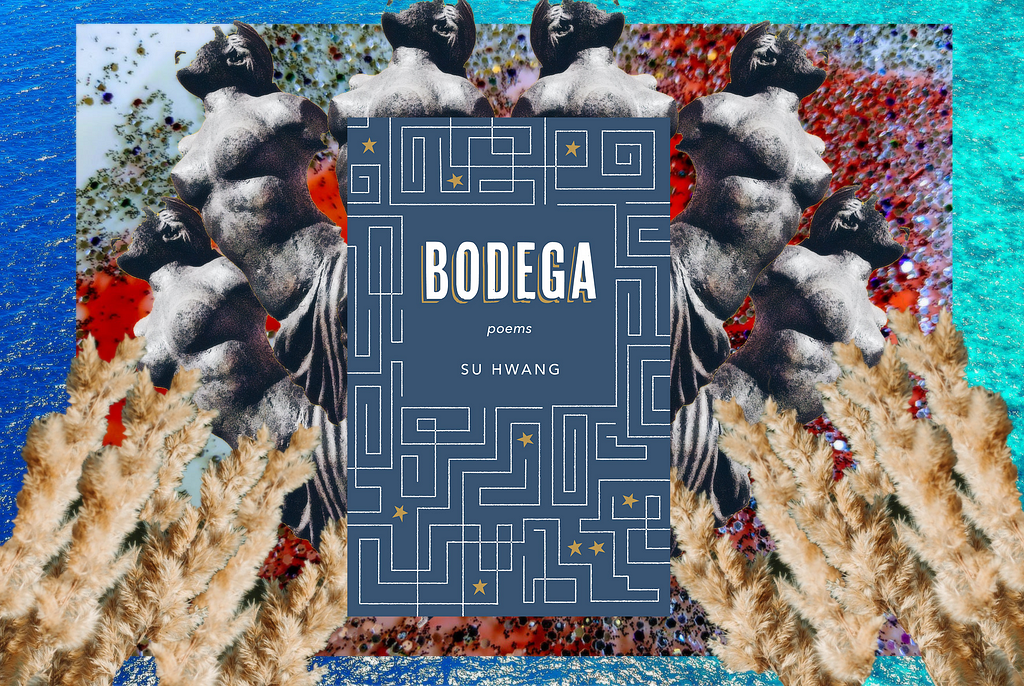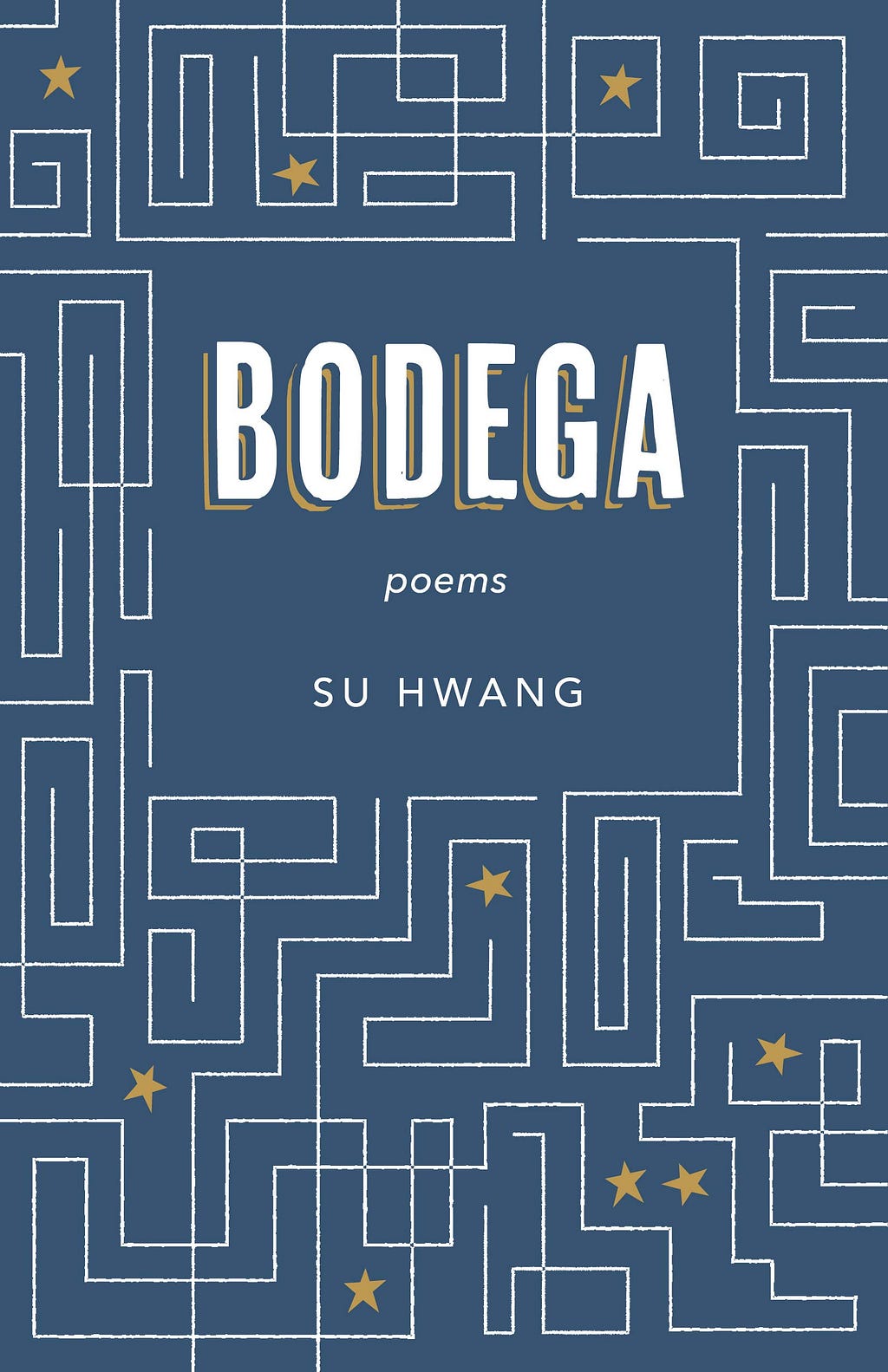
Ah, Virgo. Season of change, season of tenderness, where one of only two human figures of the zodiac pulls us from Fixed Fire (Leo) into Cardinal Air (Libra) and all the change the season brings. Virgo’s Mutable Earth is the hardest to understand, because mutability is movement and how can earth shift? Shut your eyes. This is a process that cannot be seen, a change “vaster than empires and more slow.” It is imperceptible from the outside, yes, but profound: nothing is more changeable than earth, whose very essence lacks the constancy of water, whose special property is to transmogrify itself. Earth is plant and mineral and live beings all transformed into fertile ground for what next must grow. That is what Virgo does as August wanes and September crests, as everything becomes new again and the calendar of our schoolchild minds turns over.
But we want to see the turning of the leaves and the blustery winds blow, and we forget that Virgo does not live in autumn, season of change. We forget that Virgo’s September is still summer. Well, most of us forget. I remember, because I fell in love with a Virgo in 1988 and construed every possible pop song as about them, including catchy anthems like Bryan Adams’s “Summer of ‘69,” since technically September 7 is still summer, and Libras, of whom I am one, are big on technicalities. Libras will drive you crazy with their technicalities, especially since mostly Libras are broad-brush sorts who only resort to technicalities when they’re trying to get someone off. (Sadly, that’s all too often for Libras, who live for getting others off, in all senses of the benighted phrase, so you who consort with Libras can look forward to them literally never bringing up fine details unless it’s to effect some last-minute course correct that will benefit/liberate them or whomever they’re trying to please at the moment. In their defense, the person they’re trying to please will often be you.)
Virgo into Libra is perhaps the most difficult transition of the year, because Earth to Air is so wrenching, because the two elements seem utterly incompatible. But air is essential to earth, as any gardener knows. Virgo may lay the foundations of cellular change as summer ends, but it needs Libra to move it. Virgo can enumerate with loving exactitude all the details of the issue, but it’s Libra who has to come along to pick the thread to pull that will set things in motion. This is Libra’s gift: knowing when details matter (and when they don’t). And another reason we need Libra is that Cardinal Air, the idealist, the universal, the selfless, represents our last chance to change the pattern before the year ends and everything begins anew and again. This is Libra’s philosophy: to not change is to die, or as Libran T.S. Eliot had it, “For last year’s words belong to last year’s language /And next year’s words await another voice.” This is Libra’s strength: the peaceable, sentimental, and occasionally sycophantic sign has absolutely no qualms about letting go. There’s a reason this sign is the only one represented by an inanimate object (the Scales). Librans were born understanding how to let go of attachment. Librans know that in order to get to the essential, you have to let the clutter go (the empress of KonMari is a Libra, of course).
Virgo does not like this idea, the idea of letting go, at all. Virgo can always think of an eventuality when what or whoever it is might come in handy (this is how Virgos end up surrounded by piles of rubbish and ashamed or unable to invite anyone over to their house, especially if there is Cancer in the chart). But when the equinox comes, we have to realize that summer always ends and we have a choice: to seize this last moment for change or to go to the year’s grave mourning what was instead of planning what will be. And where Virgo and Libra come together is in the fact that they are both essentially built to serve. Virgo, soft, fertile, Mutable Earth, usually ends up serving a specific partner or entity (and beware, Virgo, lest your judgment lead you to the wrong one; your combination of loyalty and unwillingness to let go makes front-end quality control imperative) and Libra, cool, dispassionate Cardinal Air, an idea/l (a gift to the world if you’re Gandhi or a scourge if you’re Putin), but neither is content with self-serving (others might learn from this, especially Taurus).

Autumn is your last chance, the last die this year will cast. And this year in autumn comes Su Hwang’s first book of poems, Bodega (Milkweed, 2019), showing us all the difficulty of letting go and all the necessity of forging ahead. Bodega begins with a lone poem like an epigraph, entitled “Something of a Proverb on Luck,” whose spacious lines read as both primer and promise: “Survey its yarns — /The many threads” and “every/Celestial offering:/Borne.” Like many debut books, Bodega is intensely personal and specific in voice: unlike many, it demonstrates both lyrical and rhythmic range that comes only with the widening of perspective over time, and its manipulation of time is one of its primary qualities, taking us through these many yarns, loosely governed by chronology, with a variety of lenses and with a consistent, acute voice in which Hwang’s work seems to unite the child-self and the adult-self, the immediacy of experience and the distance of reflection (as any evolved Libra ought also to do).
Bodega is divided into three parts, the first of which begins with a quote from Libran W.S. Merwin: “This is the waking landscape/Dream after dream walking away through it/invisible invisible invisible,” and much of the book reads like a waking dream, the dream that is memory of an immigrant childhood, an American childhood. The title is a literal stage, the origin of so many of these stories, which Hwang strings together in varying densities of prose/verse, beginning with documentary scenes out of the eponymous mom-and-pop shop (“Instant Scratch Off,” “Graveyard Shift”) and then shifting into a different space, that of inquiry, in “An Immigrant’s Elegy,” which plangently asks “How far do you have to travel to arrive/at dying — they seem to be asking” and “Fresh Off the Boat|An Iconography,” seeming to reply “dreams are/not yours to be/shared.” Hwang’s speaker effaces herself in favor of the second person, putting the reader in the bodega/boat/bind, pulling the ultimate Houdini trick of leaving us bound by her circumstances, and revolving always around the family: grandmothers, mothers lost and found and lost and found again, children left to their own devices, parents wrung out by the menial tasks of the day, all of the abjured as we are by “personalities/of myth, disintegrating/like vapor, apparitions/that whisper: Don’t you dare/forget/me. Don’t forget.” In the poet’s hands the forgetting is not due to carelessness but will: memory is painful. The everyday lives circumscribed by an every-tightening noose of economics, obligation, disconnection, displacement, silence — they are hard. They are the result of an invisible loss of home and language, a dis-integration, one that results in a desperate search for “any/way to/liberate/the gibberish/of anguish” — but, as Hwang later writes in the poem Han, defined here as sojourn but necessarily reminiscent of 한 (“a feeling of sorrow, oppression, unavenged injustice, isolation”), “how easily we are made/To submit.”
How easily indeed. The danger of this time of year, of the time in history: how easily we are made to submit. How clearly our lives teach us it is better so. How precarious to rest all our hopes on the delicate Scales, hoping that their tendency to compromise means for ends will crumble before the knowledge they carry at their core, the knowledge of what is important, the willingness to, as Libra Ursula Le Guin wrote, “Be the revolution. It is in your spirit, or it is nowhere.”
The book’s second section begins with lines from Tracy K. Smith’s powerful “Flores Woman,” and what it omits might be the most important, for that poem ends “Like a dark star. I want to last.” Wanting to last, grappling with impermanence, trying to find unerasable words, Hwang’s tone becomes more biting, as “Assimilation Bouquet” casts an eloquent side-eye at “your cheeks/full /of anthems” and “Fresh Off the Boat” concludes “I wanted to sever my mother tongue, /regenerate anew, but how could I have known/language is lost when left to rot like a pest.” Many of these poems wrestle with language and its limitations, particularly in the mouth of the immigrant: “What is the point of language/when it was never yours” or finally: “we dare /not speak of /our shaky /common ground.”
Hwang’s final segment of Bodega closes with Gregory Orr: “We gathered words/Against our loss.” Here Hwang is both most clearly referential and most formally experimental, pivoting and varying tones, playing with the white space on the page or dancing across it as in the cocky homage to immigrants, “Masters of Re:Invention:” pointing out the skill this uneasy place in our culture requires: “You: shape-shifter, agent/of erasure, amateur magician/switcher/of codes — /player in the ultimate con.”
The ultimate con, as Libra knows, is belonging. The ultimate truth is solitude, perpetual, inevitable. The ultimate strength is accepting these things and still behaving with the love Hwang peppers through the last pages of Bodega: “Sometimes love is tying a knot in your throat then taking it to the grave. Sometimes it’s hoping against hope that a seed will flower into fable — long after we are gone.”
Believe that seed will flower and that now is your last chance to plant it. It’s the end of summer. It’s end of an age. Happy birthday, Virgos and Libras. Remember, per Eliot: “What we call the beginning is often the end. And to make an end is to make a beginning. The end is where we start from.”
Time to get started.
Autumn is Your Last Chance: Real Chaos Astrology vol. 15 was originally published in Anomaly on Medium, where people are continuing the conversation by highlighting and responding to this story.
